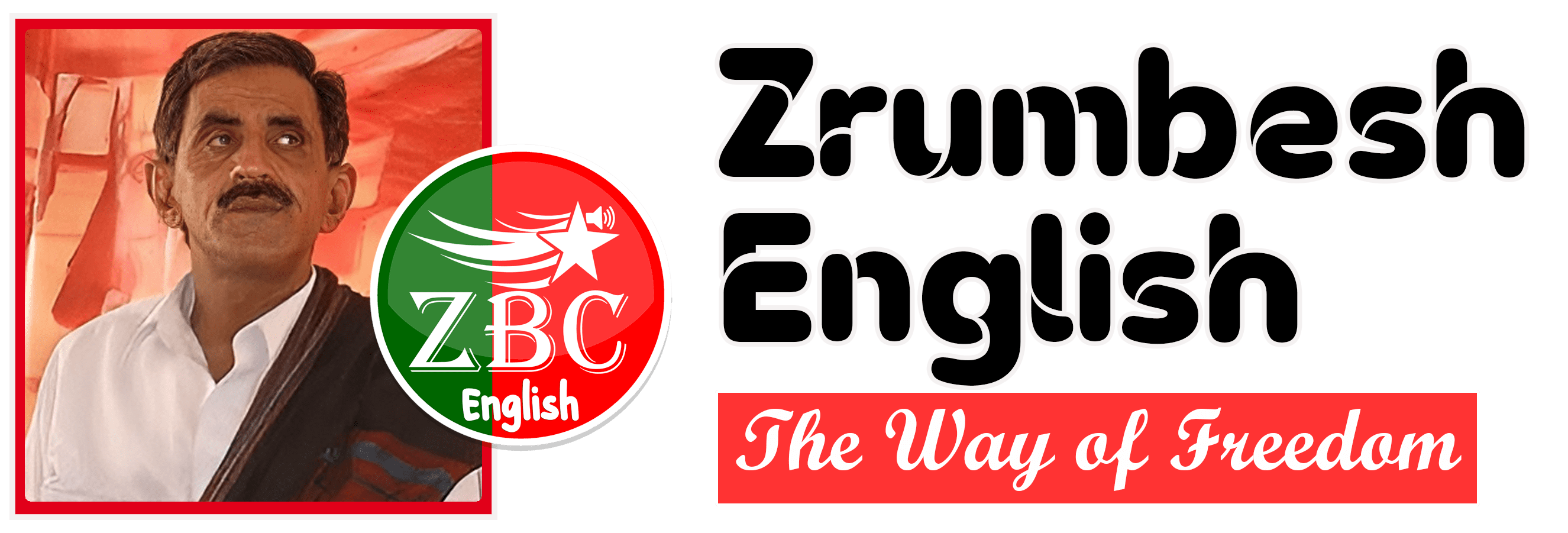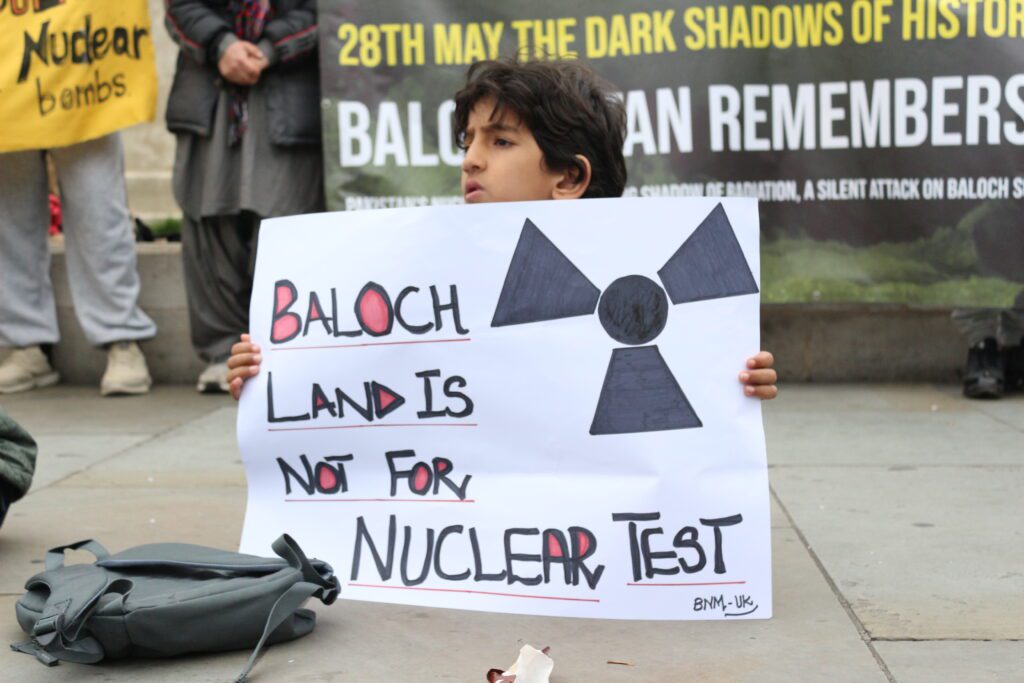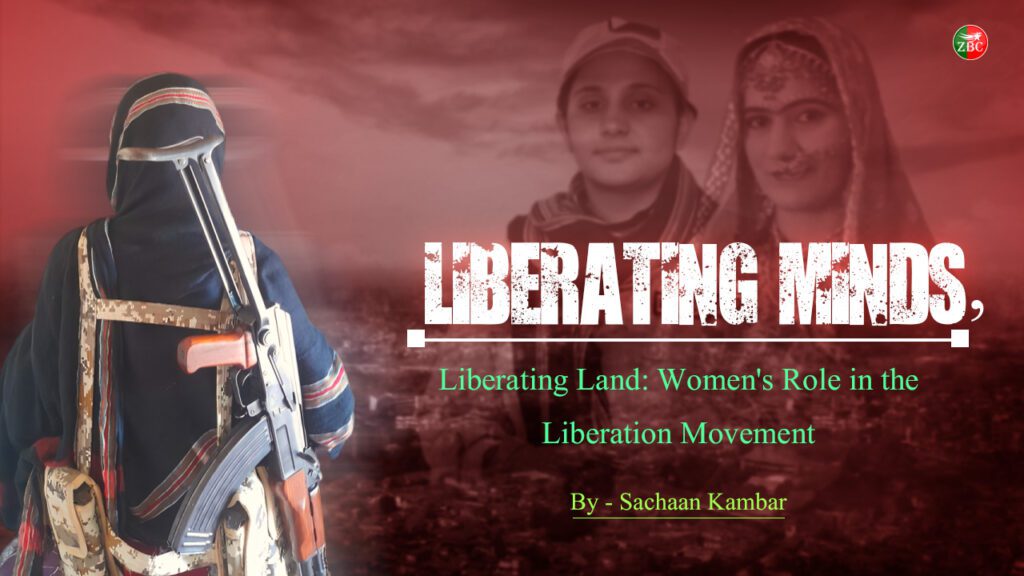The Baloch National Movement (BNM) UK chapter held a protest at Trafalgar Square in London, condemning the nuclear weapons test conducted by Pakistan in Balochistan on May 28, 1998. The demonstration, marking the anniversary of the tests, was organized to highlight what the Baloch nation regards as a black day for Balochistan.
The protest saw participation from BNM members and representatives, as well as members of other organizations, including Baloch, Sindhi and human rights activists. Journalists and activists from various nationalities also joined the demonstration.
During the protest, BNM leaders and members strongly condemned Pakistan’s nuclear tests in Balochistan. They called on the international community to hold Pakistan accountable for what they termed acts of terrorism and to intervene to stop the ongoing genocide of the Baloch nation.
Leeder of World Sindhi Congress Dr. Lakhu Lohana remarked that Pakistan is unique in celebrating a day it terrorized the world by testing nuclear weapons in Balochistan without the consent of its people. For Balochistan, this day remains a black day.Joiner Joint Secretary , Hassan Dost Baloch urged the international community to amplify their voices and hold Pakistan accountable for testing nuclear weapons on Baloch soil.
He emphasized that Pakistan should be brought before the International Court of Justice for this crime, which has resulted in cancer and other devastating effects on the people and environment of Balochistan.
Representatives from the Baloch Republican Party (BRP), Mansoor Baloch, condemned the nuclear tests and accused Pakistan of exploiting Baloch land and resources while aiming to annihilate the Baloch population. Nisar Baloch condemned the fencing of Gwadar and urged the global community to stand against Pakistan’s occupation of Balochistan.
Muslim Deedag, in his speech, discussed the long-term impacts of nuclear weapons. He drew a comparison with Japan, which, despite being a developed country, still struggles with infertility of land in Hiroshima and Nagasaki decades after the nuclear attacks. He pointed out that Balochistan, being a colonized region, lacks the resources to recover similarly. The nuclear tests have devastated the land, people, animals, and plants, with ongoing detrimental effects.
Khurshid Baloch added that there is a complete media blackout in Balochistan. He highlighted that Pakistan’s restrictions on media and researchers prevent the world from learning about the true extent of the suffering in the region.
Saleem Baloch spoke about the widespread killings of Baloch political workers, human rights activists, journalists, and civilians by Pakistan. He emphasized that the nuclear tests on May 28, 1998, further poisoned the land, water, and air, leading to long-term health issues for the local population.Mahganj Baloch called on the Baloch nation to not only strive for a better future but to fight for their freedom.
The protest concluded with a unified call for international intervention. Baloch National Movement demanded that the civilized world recognize the ongoing atrocities in Balochistan and take decisive action against Pakistan’s oppressive policies.
The BNM urged the international community to support the Baloch people’s struggle for justice, freedom, and the preservation of their homeland.
#NukeAftermathInBalochistan



